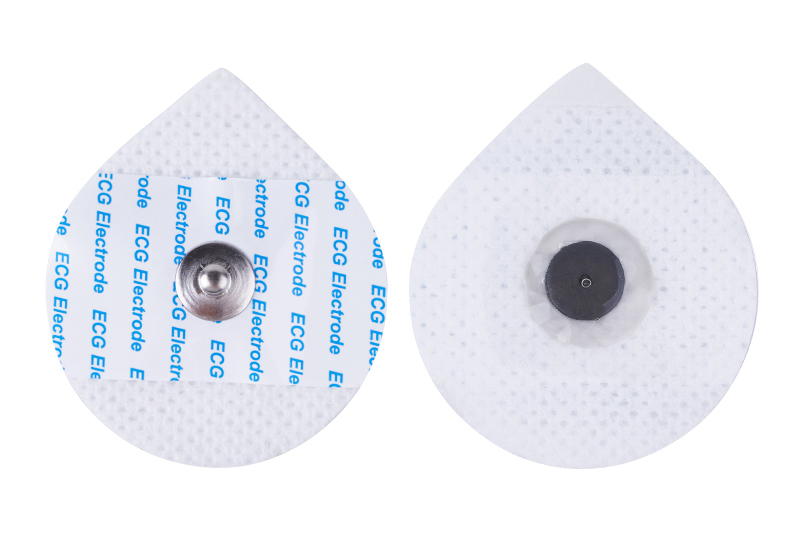LAPORTE COUNTY, Ind. (WNDU) - It’s been 10 years since the passing of Jake West, a 17-year-old who suddenly died of cardiac arrest during one of his football practices.
Jake’s death sent shockwaves through LaPorte High School and the entire state. And for his mom, Julie West, it inspired her to make sure no other families deal with a heart-related problem that could be avoided. Cpr Pads

Julie’s hard work was on display on Tuesday in LaPorte County, as the county reached its goal of equipping 100% of its squad cars with an AED. This made LaPorte County just the third county in Indiana to reach that mark, and it’s a big feat that’s been five years in the making for Julie.
Back in 2013, Jake West passed away from sudden cardiac arrest during football practice at LaPorte High School. The tragic moment would help create a push for change.
That change came when Julie West and her family founded the Play for Jake Foundation to help bring more awareness to the importance of AEDs and heart health.
By 2015, Julie was starting to promote AED use and training in schools. The foundation also provides heart screenings for students.
A major development came this May with the passing of “Jake’s Law.” It requires every school from K-12 to properly maintain an AED and make sure one is present at each athletic event. It also requires staff having a training plan to know what to do.
“I was a schoolteacher for 20 plus years, but we weren’t trained on what to do if someone went into sudden cardiac arrest,” Julie said. “Now, everyone is learning that, and they are prepared. An AED is great to have, but if no one knows where to grab it, a life will be lost, and that’s unacceptable because our children deserve to be protected in our schools with a plan in place.”
Officers around the county are fully trained to administer CPR and now can use AEDs when arriving at a medical situation. It’s a huge benefit to have, with officers usually being the first on the scene. And officers’ reactions to AEDs have been consistent — If it means a better chance to save a life, then they’re on it.
“Originally when an officer arrived on scene, our first recourse was to start CPR if we didn’t have a heartbeat,” explained Trail Creek Officer Steve Dick. “Now, we have some electric assistance that tells us ‘heartbeat,’ ‘shock,’ and it helps us to determine what the next course is all the while we relay that info to EMS, and it prepares them for what they will encounter when they arrive on the scene.”
Another nonprofit that works to save lives through education and donating AEDs to first responders is Bolt for the Heart. The group works to have a direct impact in supporting local law enforcement, fire agencies, schools, and community groups. The group travels to locations all around the state to give free training on how to use an AED.
And it’s simple. The AED is voice automated, so it will take you through a step-by-step process on what to do, where to place pads, and more.
“What’s able to bring someone’s heart back is CPR and the shock from an AED,” said Pierre Twer, president of Bolt for the Heart. “So, it’s kind of like a car battery on a cold winter morning — it just stops. And what do you do with a car battery? You jump it. That’s the same thing with a heart.”
Watch Pierre Twer, president of Bolt for the Heart, give a demonstration on how to use an AED here:

Placing Ecg Leads Copyright 2023 WNDU. All rights reserved.